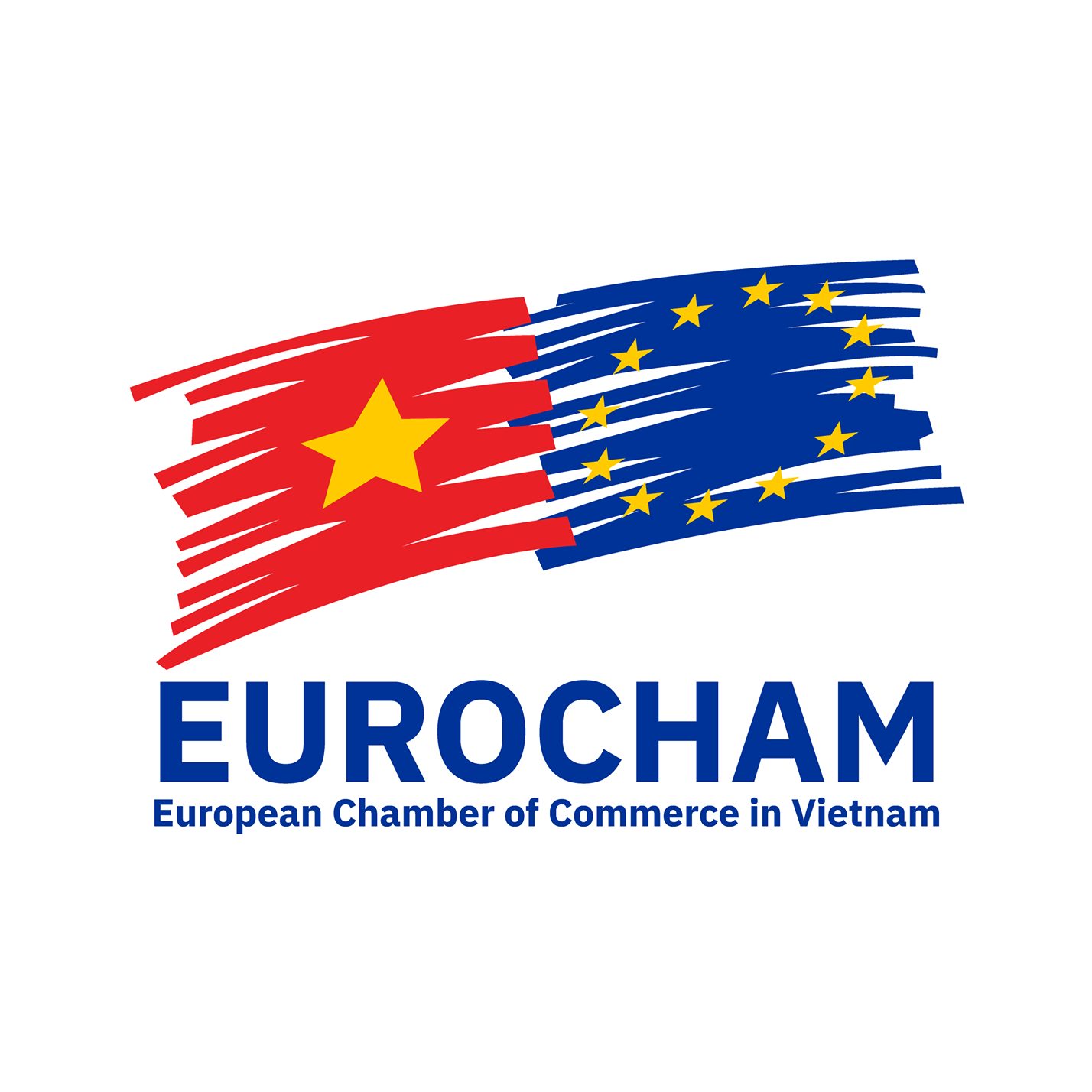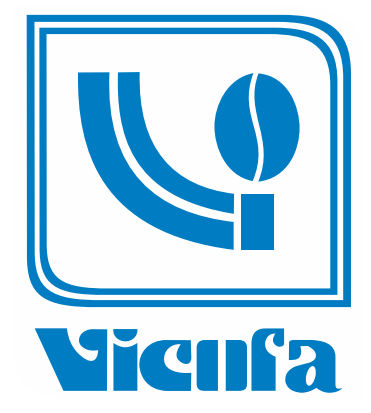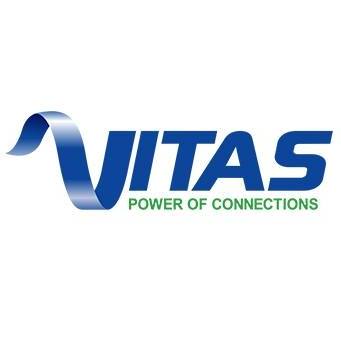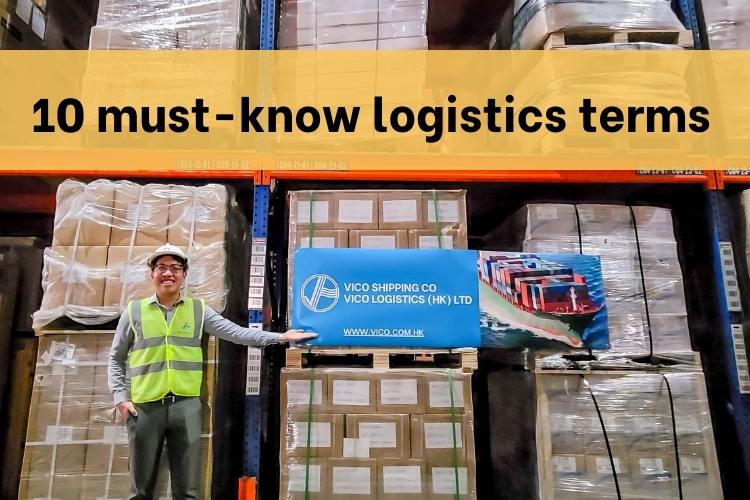
The technological terms that come with involvement in the logistics industry can be highly complicated and often leave individuals even more confused than before. However, companies familiarizing themselves with the different terms out there can be the difference between making informed and precise decisions for both your company and the customers involved rather than not.
LOGISTICS TERMS AND AN EXPLANATION
1. SKU
SKU, otherwise known as Stock Keeping Unit, is a scannable barcode that allows vendors to automatically track movement in their inventory. The code, made up of 8 or so letters and numbers, also provides insight into the price, product detail, and manufacturer of the product it is assigned to.
A Stock Keeping Unit is a perfect example of logistics terminology which helps companies' supply chain management assess the overall data of sales paired with the need for stock intake and drop.
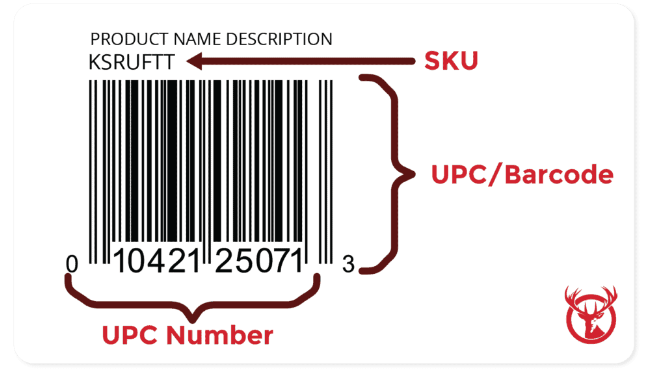
2. Freight Forwarder
A freight forwarder is typically a firm that specializes in the arranging, storage, and shipping of products on behalf of the merchant, and is an example of a third-party logistics service. In turn, other services are provided which ranging from document preparation, and freight charge negotiation, all the way to consolidation and insurance.
The forwarder uses their established relationships with companies to ensure the best possible rate and service is available to you and acts as an intermediary between shippers and all other companies involved in the shipping process.
Freight forwarders enable the stress, time, and expense of the shipment of goods to be alleviated from companies in order for them to put such factors back into their company often resulting in a huge benefit.
3. Freight Consolidation
Freight consolidation is a logistics term and strategy in which a shipper combines freight within a specific geographical region into a single freight load.
This load is then hauled to a set destination point which is then broken down into smaller shipments that were once part of the larger consolidation, and shipped to their final destination. Freight can be consolidated into LTL or less than truckload LTL which saves costs, reduces damages, and improves transit networking. Furthermore, congestion can be massively cut down at ports due to less presence of ocean carriers.
>> Freight Consolidation versus Pool Distribution? Which one can save more cost for your business?
4. EVFTA
The EVFTA, known as one of the most ambitious deals signed between the EU and a developing country, is a new generation FTA signed between Vietnam and 28 European union member states.
This agreement allows EU exporters and investors to access a dynamic and developing market in which they can consolidate their presence.
The contents and benefits of the FTA are as followed:
Elimination of customs duties
Reducing non-tariff barriers to European exports
Protection of European geographical indications
Opening of the Vietnamese market to EU service operators
Promotion of investment
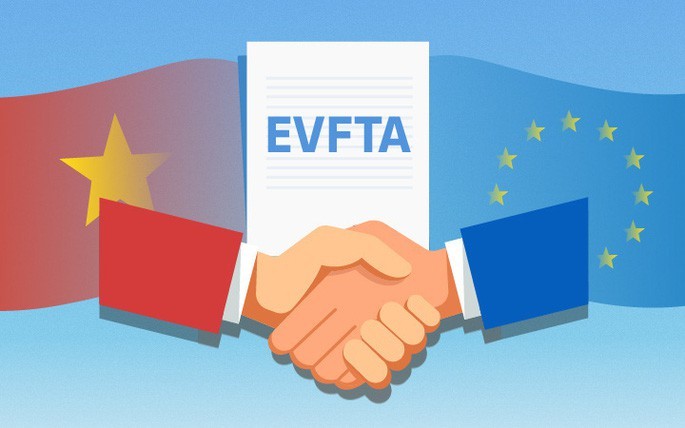
5. VICO LOGISTICS
We are an Indochina-focused logistics service provider that makes sure to fulfill all your business' logistics needs. Each logistics solution differs and is tailored towards your needs, contact us via Live Chat or email and let us know how we can aid you to the next level.
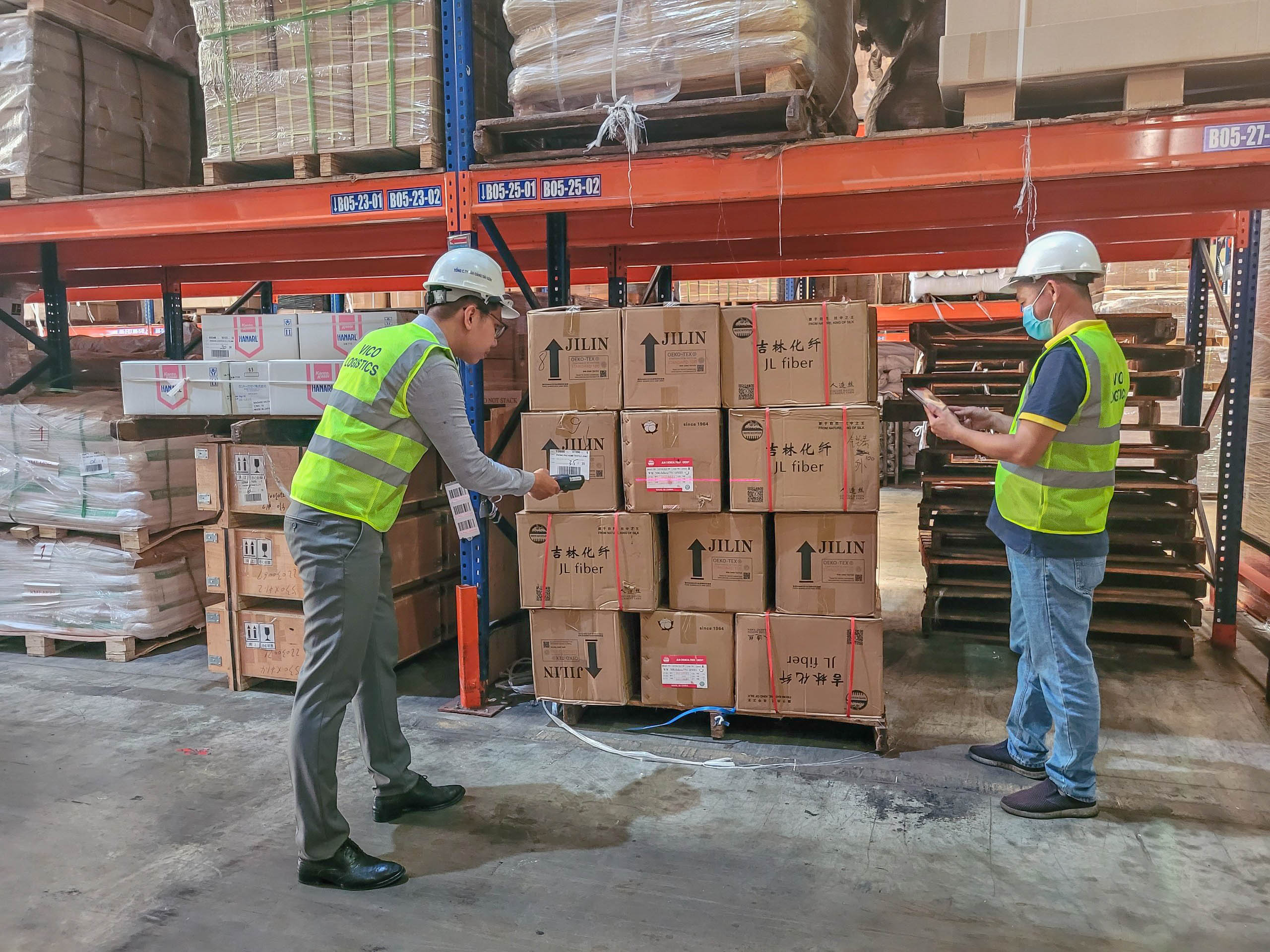
6. 3PL
3PL or third-party logistics is a logistical partner that offers outsourced services. This refers to a copious number ofprocesses that are provided for businesses by an external company.
A 3PL can be employed to help with cost reduction, improved reliability, and efficiency. These services can be flexible and scaled depending on the needs and demands of certain logistics companies, this means they can be used as a one-time process or as an ongoing solution for logistical goals and management system strategies.
7. 4PL
Much like a 3PL, a 4PL takes on the role of outsourced services but also goes a few steps further in terms of what is
offered. Fourth-party logistics services can in turn offer:
Logistics strategy
Freight sourcing strategy
Business planning
Network analysis
Change management
Inventory planning
8. Bill of Lading
Bill of lading or BOL is a document required in order to move a freight shipment. In basic terms, the bill of lading works as a receipt for freight services and as a contract between the freight carrier and the shipper. This document is legally binding and provides all parties involved with the correct information in order to process the shipment of goods and invoice it correctly.
>>What is a Bill of Lading? + Types of BOL, Uses & Templates
9. Landed Cost
Landed cost or landed cost of goods represents the entirety of the cost of a product all the way from raw materials to the final destination with the customer.
The information included within this document ranges from the price of goods, insurance fees, customs clearance, and more. It is necessary to have a landed cost as it brings clarity to the true pricing of all goods and services, as well as helps to maximize supply chain management efficiency and business performance within profit.
10. Cross-docking
Cross-docking is a logistics term and procedure where goods are distributed from a supplier directly to a customer or
retail chain with near to no handling time. This procedure takes place in a distribution docking terminal and consists of
receiving goods through an inbound dock and then transferring them across to an outbound dock ready for
transportation.
Cross-docking enables advancements in a supply chain, but may not be suitable for every business and so an informed decision should be made as to if this service is right for your company.
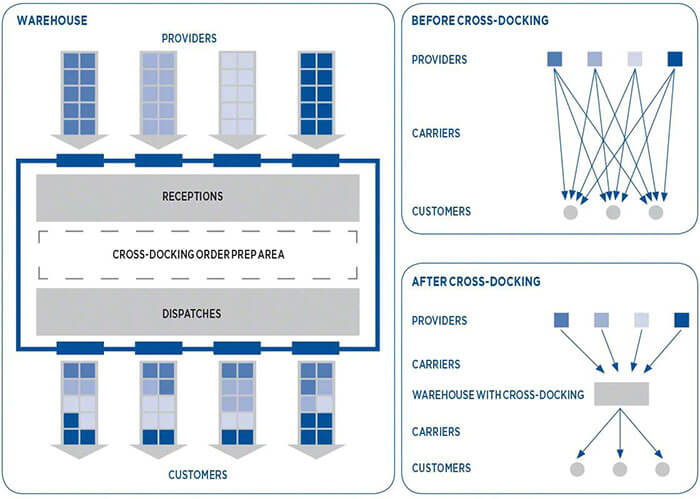
To conclude, Logistics terms are often complicated and advanced and there are many out there which can also have crossovers between many logistical services. With this in mind, it is important to become aware of the terms that may be used within your sector of the logistics terms world as doing so can lead to great advantages to both businesses, but also how decisions are both calculated and carried out.
Read more:
>> Where to find Vietnam manufacturer?
>> What are the opportunities and challenges of investing in Vietnam in 2022?
>> Supply chain for the renewable energy sector?
